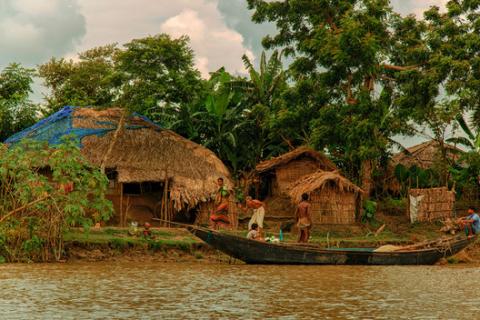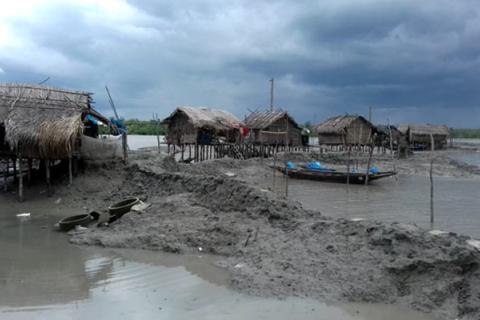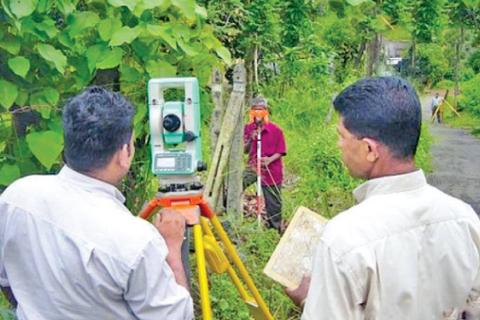Prindex and NCAER launch major new study to boost land rights in India
Prindex Global and leading think tank NCAER will announce a new initiative today at the India Land and Development Conference 2021 to enhance land and housing rights in India. The project will go state by state mapping government performance on land records against people’s perceptions of their rights to drive policy progress in the country.







